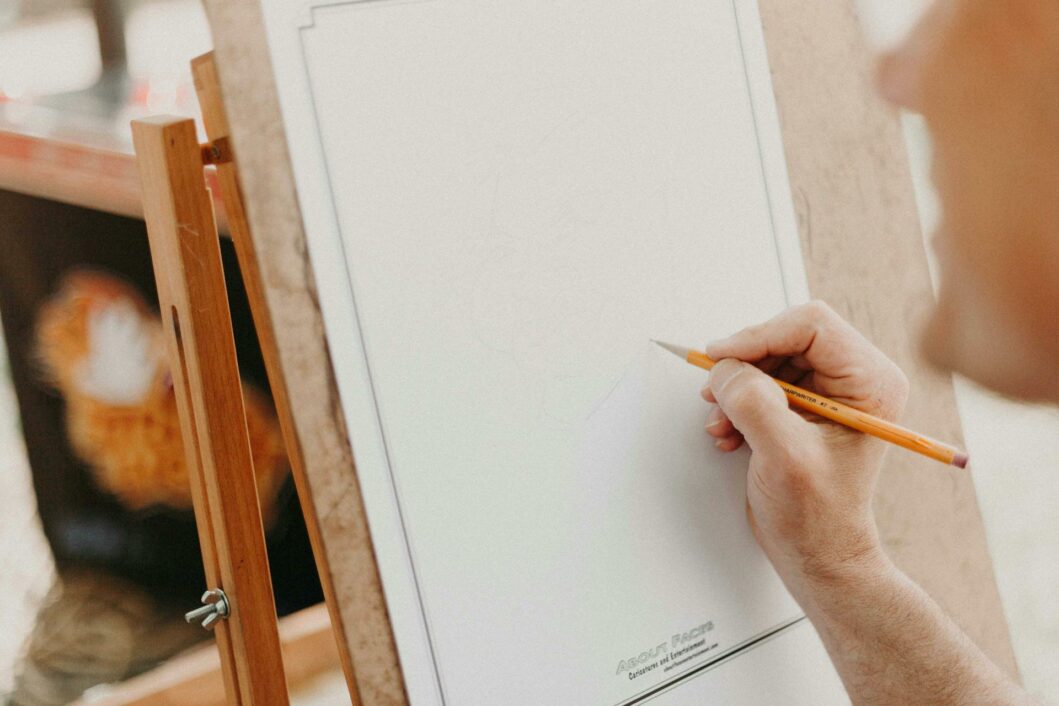Becoming a successful artist involves more than just raw talent. It requires a diverse set of skills that enhance creativity, improve technical proficiency, and enable effective self-promotion. Whether you’re an aspiring artist or an established one looking to refine your abilities, here are essential skills you should develop.

1. Technical Proficiency
Technical skills are fundamental for any artist. Mastery of the tools and techniques specific to your medium—whether it’s painting, sculpture, digital art, or another form—is crucial. This includes understanding color theory, composition, perspective, and anatomy. Continuous practice and education, such as attending workshops or taking online courses, help in refining these technical abilities.
2. Creativity and Innovation
Creativity is the heart of artistry. The ability to think outside the box, generate original ideas, and bring unique visions to life sets great artists apart. Cultivating creativity involves experimentation, risk-taking, and allowing yourself to be inspired by the world around you. Keep a sketchbook or journal to jot down ideas and explore different styles and concepts.
3. Attention to Detail
Attention to detail enhances the quality of your work. This skill ensures precision in your artwork, making your pieces more polished and professional. It involves careful observation, patience, and a meticulous approach to every aspect of your creation, from the initial concept to the final touches.
4. Time Management
Successful artists often juggle multiple projects and deadlines. Effective time management is essential to meet these demands without compromising the quality of your work. Create a schedule, set realistic goals, and prioritize tasks to ensure you stay productive and organized. Break larger projects into smaller, manageable steps to maintain steady progress.
5. Marketing and Self-Promotion
In today’s competitive art world, marketing and self-promotion are vital. Understanding how to market yourself and your work can significantly impact your success. Develop a professional online presence through a personal website and social media platforms. Learn to write compelling artist statements and biographies. Networking with other artists, galleries, and potential clients can open doors to new opportunities.
6. Business Acumen
Treating your art career as a business is essential for long-term sustainability. Business skills include financial management, pricing your work, negotiating contracts, and understanding intellectual property rights. Consider taking business courses tailored for artists or seeking mentorship from experienced professionals to enhance these skills.
7. Resilience and Adaptability
The art world can be challenging and unpredictable. Resilience helps you navigate setbacks, criticism, and rejection without losing motivation. Adaptability allows you to evolve with changing trends and technologies. Embrace feedback, learn from experiences, and stay open to new ideas and approaches.

